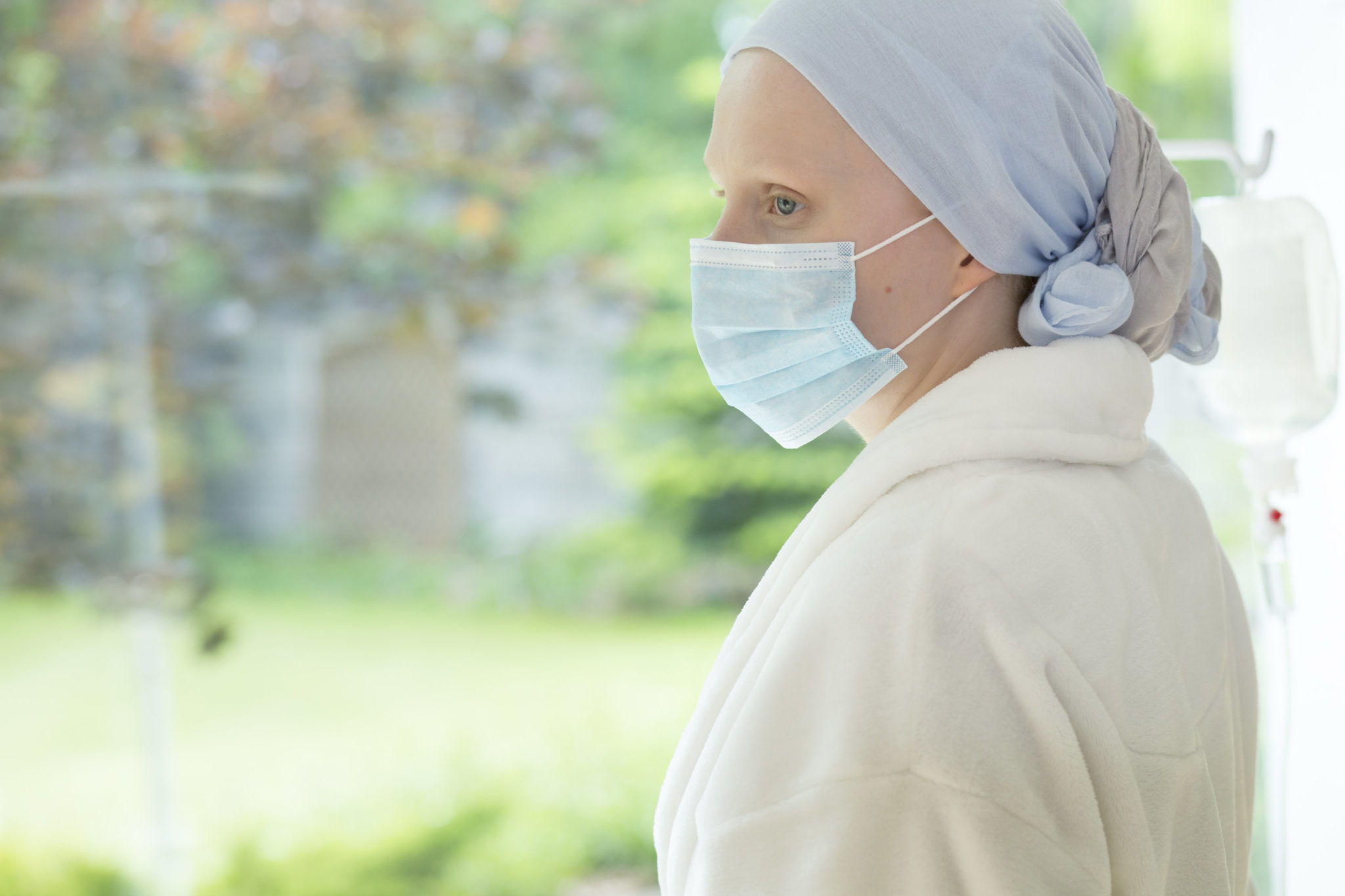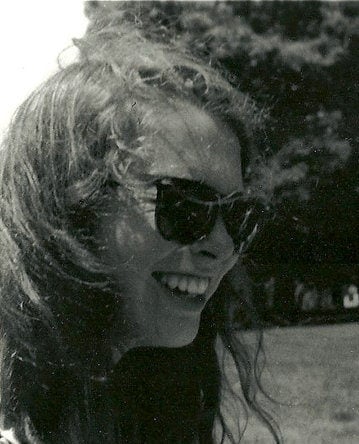More than 300,000 Americans have died from Covid-19. It’s a time when most people are unusually preoccupied with their health. Is that a normal cough or a Covid cough? Will my mask protect me?
Now consider a subset of folks who are particularly susceptible to the ravages of coronavirus—those living with cancer, who in many cases have weakened immune systems. For anyone going through chemotherapy, radiation therapy, or immunotherapy, pandemic life can be especially exhausting.
Take Ana Centeno. The 38-year-old Columbia Heights resident was diagnosed with a stage-1 tumor on her uterus in November 2019. But because treatment could affect her ability to have a child, Centeno initially opted against it. By the time she went for a follow-up appointment in April, her cancer had progressed to stage 2.
She finally decided to go through with chemotherapy and radiation but was terrified of stepping into Sibley Hospital in the early days of Covid. “It was like, ‘Oh, my God. I have to go there Mon-day through Friday, to the hospital, where everybody goes? With the virus?’ ” she says.
Although hospitals are adhering to strict protocols to protect against Covid spread, Centeno was still nervous. She did her best to stay six feet from strangers and wore a mask. Yet on some days, Centeno’s boyfriend couldn’t drive her to treatments, so she had to take Metro and a bus, adding to her anxiety.She recalls thinking, “If I get the coronavirus, I’m going to be one of the patients with the ventilators. I don’t think I’m going to make it.”
Yet despite her fear of the virus, Centeno knew she had to go forward with treatment. She finished in July, and her doctors say no more cancer cells are in her body.
Treating cancer during a pandemic comes with challenges beyond the medical.
Kete Iluyomade, 36, who lives in Upper Marlboro, was undergoing chemotherapy for stage-2 HER2-positive breast cancer at MedStar Washington Hospital Center when the pandemic hit. Like Centeno, she was nervous about going to a hospital for treatment. But her family faced another wrinkle caused by Covid: balancing working from home, receiving treatment, and taking care of her two children, ages six and three, after schools closed.
Once the hospital limited visitors, Iluyomade had to go to treatments by herself. At that point, they were taking an entire day, twice a month, meaning her husband was at home with the kids and had to either take the day off or log on round the clock to finish his work. And because she was too tired to drive herself, he had to travel 30 minutes each way to drop her off and pick her up—with the kids in the back seat.
The entire process took its toll. “During the pandemic, I did feel some kind of woe is me,” says Iluyomade. Yet her diagnosis helped keep the trials of 2020 in perspective. “So many of the other little stressors now are nothing compared to what I’m going through—even going through the pandemic [and] having to be isolated.”
More good news: Iluyomade had a radical mastectomy in May, and though she’s still undergoing immunotherapy, her doctors say her body shows no trace of cancer.
Doctors have also seen the pandemic adversely affect the mental health of those diagnosed with cancer.
“A patient of mine who just got some bad news was saying that it’s harder to deal with the news because she’s got this overall kind of heaviness about the pandemic, but also she can’t get the comfort from her friends and family,” says Stella Hetelekidis, an Inova radiation oncologist. “She can’t get a hug from a relative.”
This may be especially difficult for older patients, who are more likely to have serious side effects from Covid, says Nadim Nasr of Arlington & Reston Radiation Oncology: “Now we’re really looking at patients who are isolated physically because of the pandemic, but they’re also more mentally isolated because of their cancer diagnosis. It absolutely has a big impact on their psychological well-being [and] their overall lookout.”
One impact of Covid on cancer care is that patients are more interested in quicker treatment, say doctors, as that will lessen overall time in the hospital. Hypofractionation is a procedure in which a higher concentration of radiation is delivered in a single session, thus lowering the number of treatments. This has been a trend in the cancer world for about a decade, says Nasr, but some patients in the past still chose the standard course of care because it has been around longer and there’s more data on results.
Now Covid has led a greater number of them to opt for hypofractionation, says Nasr: “With the pandemic and people trying to minimize their exposure to public settings, we’re certainly getting a lot more patients saying, ‘I’d really like to get this done as quickly and efficiently as possible.’ ”
No matter the course of treatment, doctors and patients agree it’s crucial to prioritize checkups and medical care—yes, even during a pandemic.
“Go to the doctor. [If diagnosed with cancer,] take the chemo and the radiation as soon as possible,” says Centeno. “I know it’s scary with the coronavirus, but it’s going to be more scary if [your] cancer grows fast and you get coronavirus, too.”
















